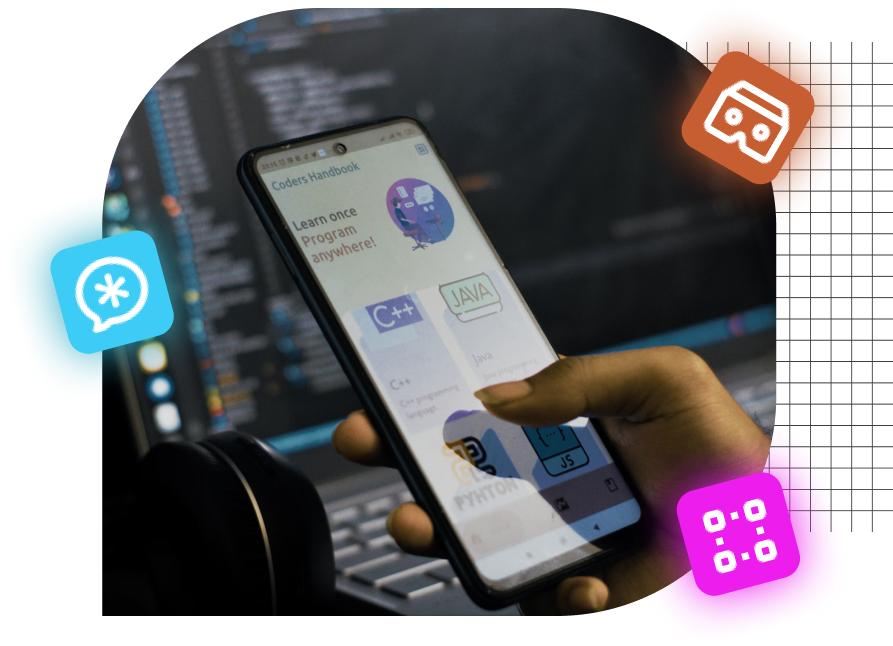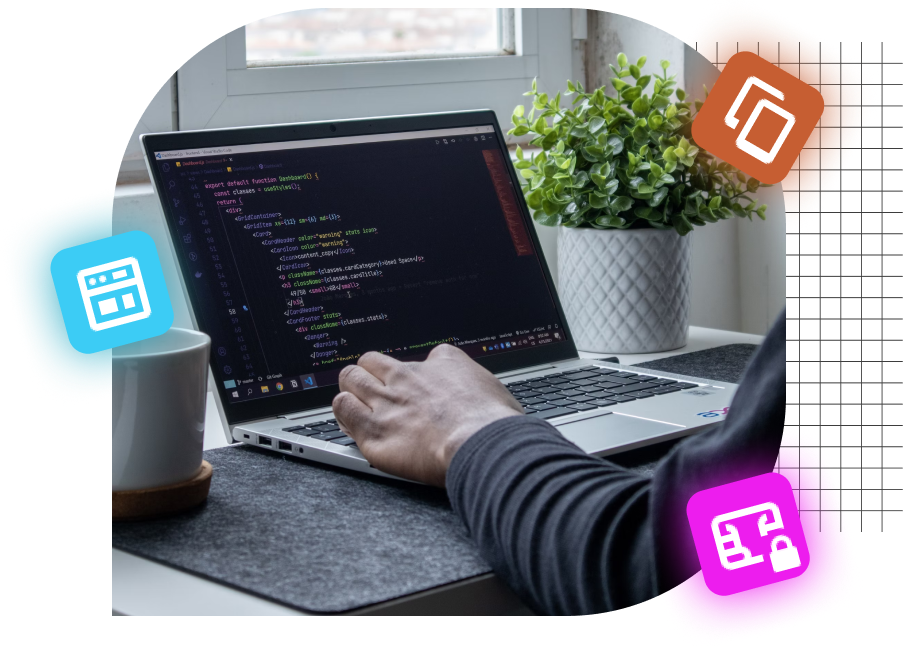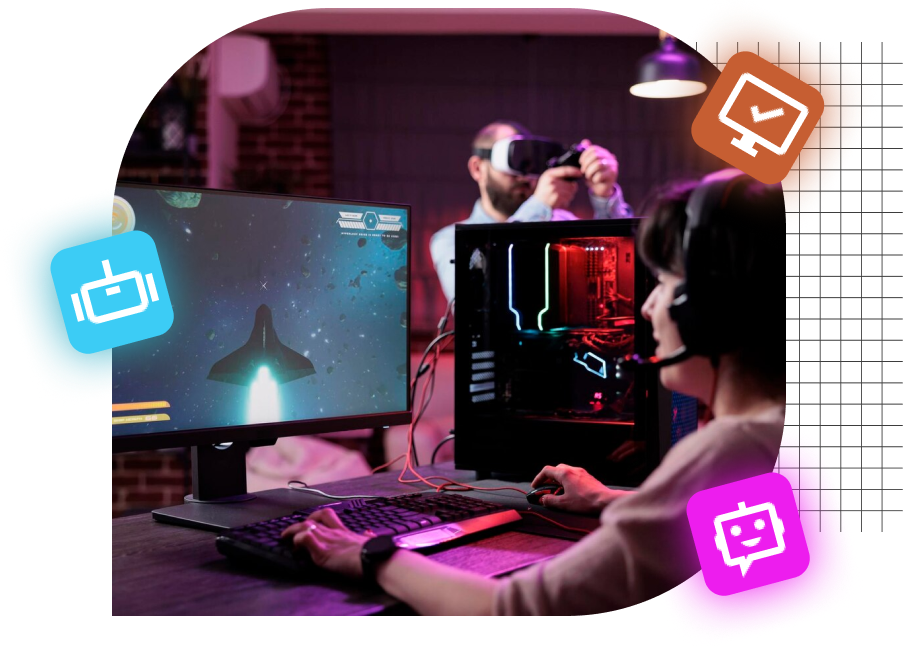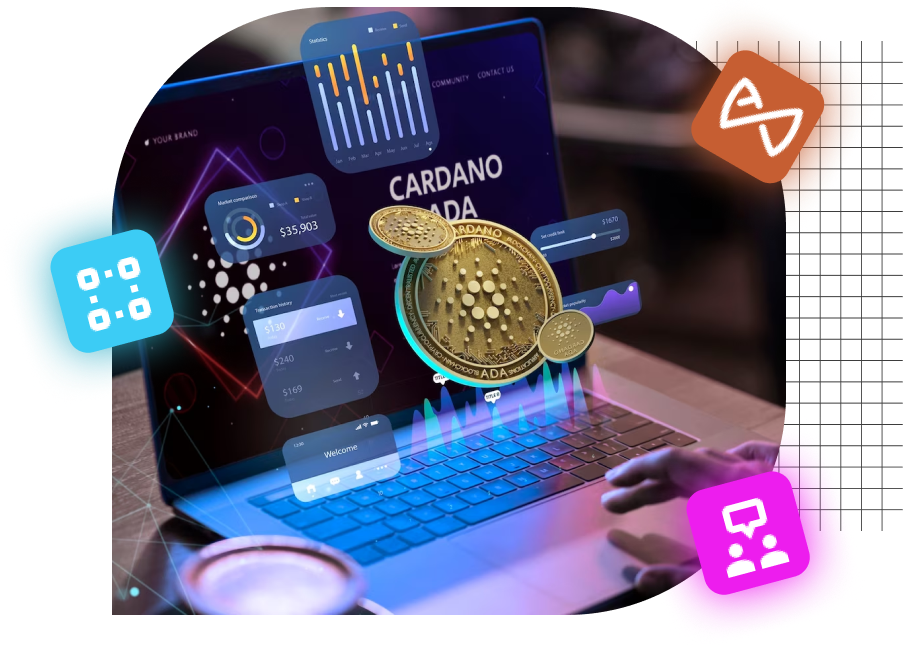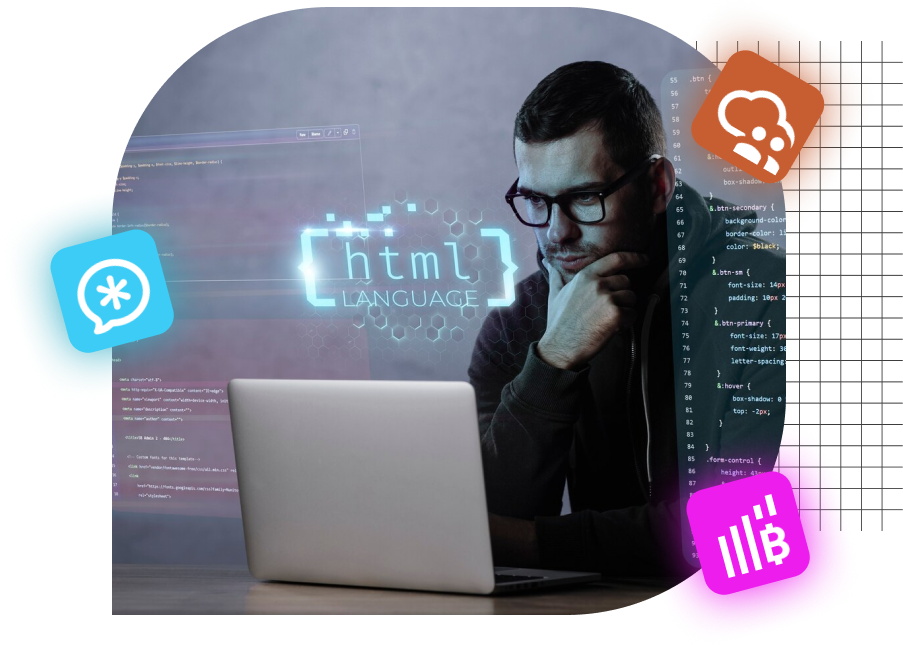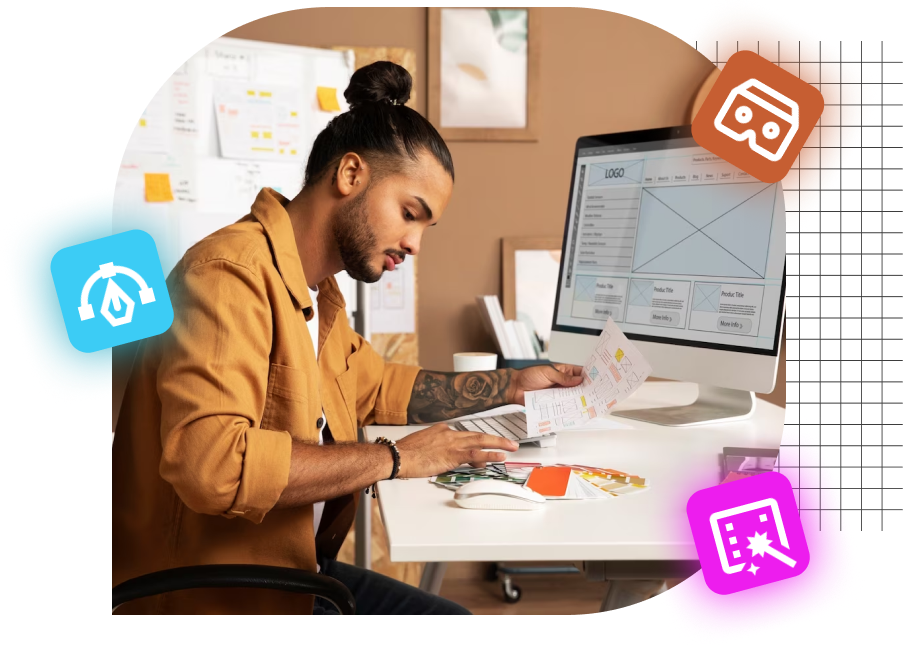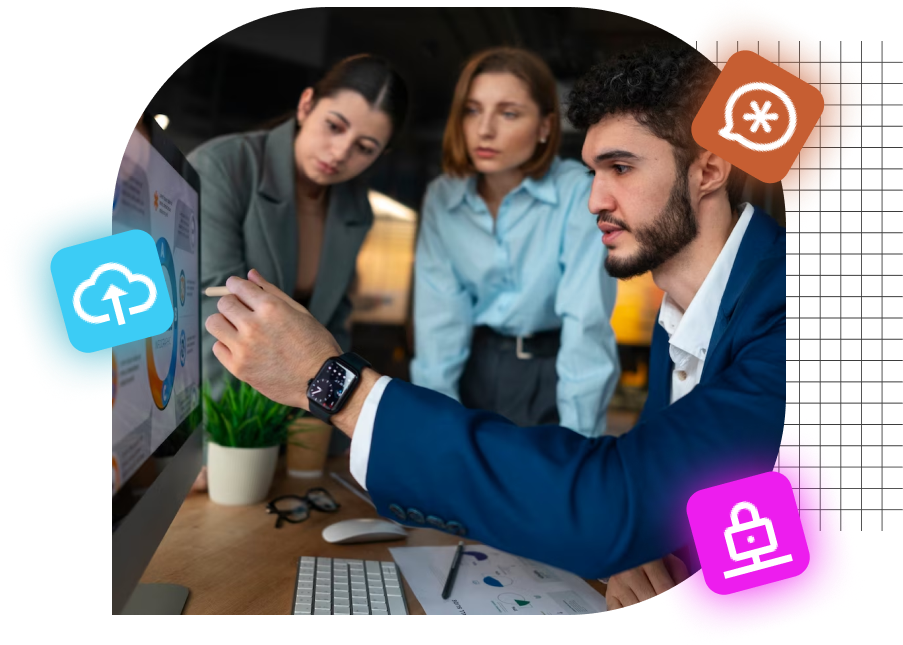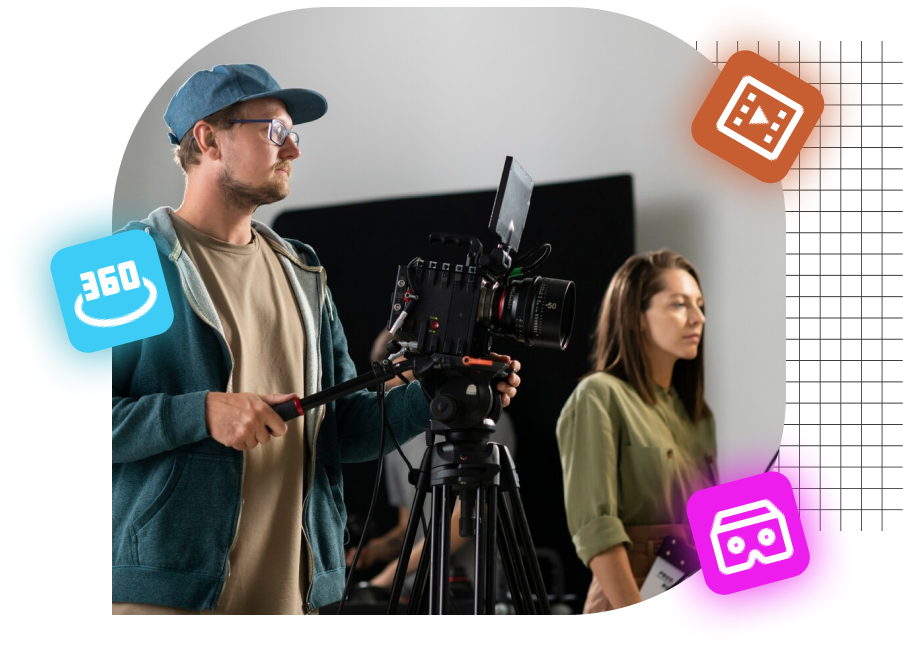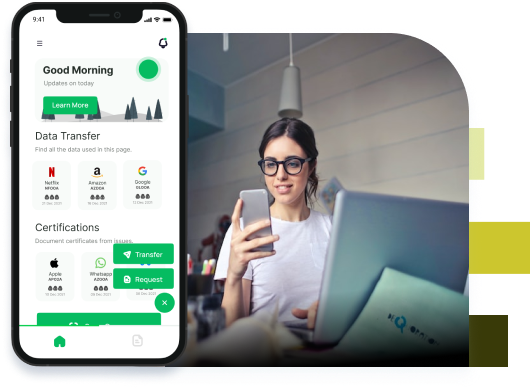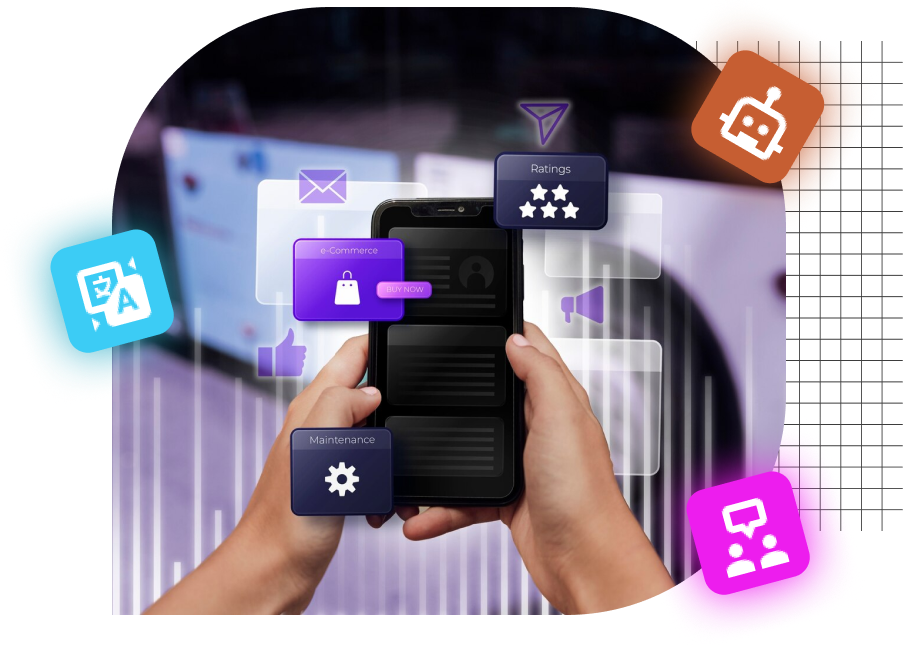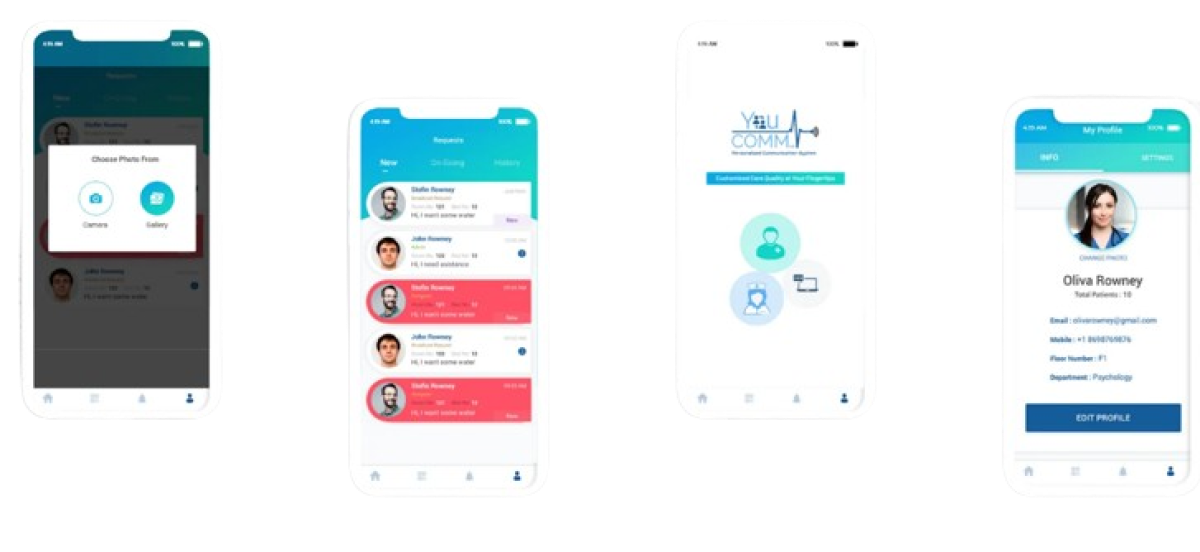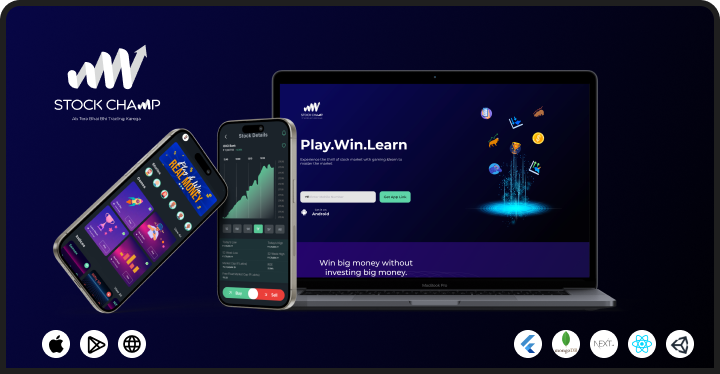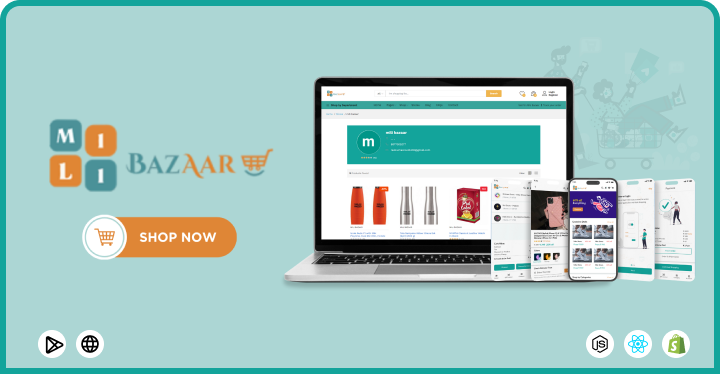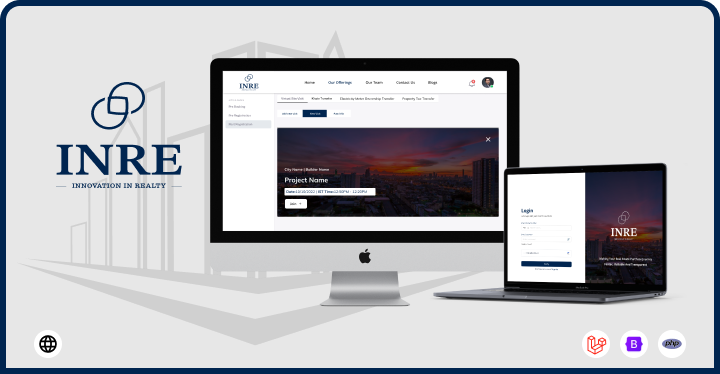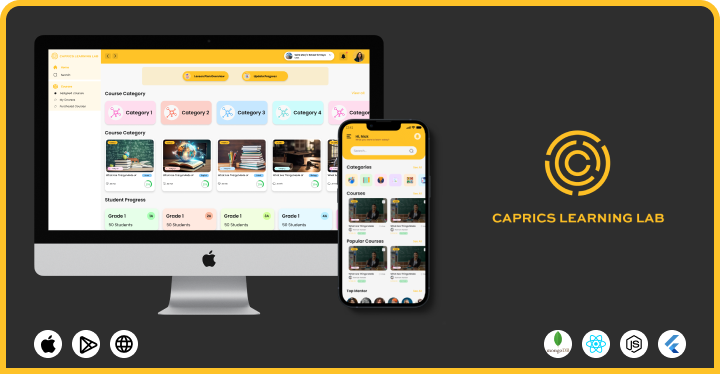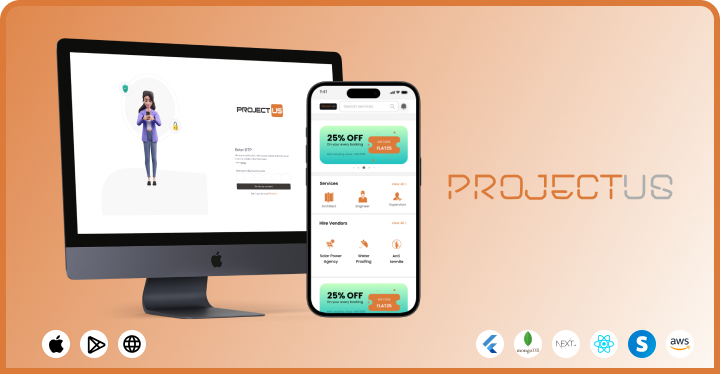The final phase focused on enhancing the customer experience even after order placement. We introduced a robust order tracking feature to keep customers informed about the status of their orders in real-time. This feature was critical in ensuring transparency and trust in the automated system. Customers could now receive updates on order preparation, dispatch, and estimated delivery times, all accessible through the mobile application or by calling the IVR system.
The implementation involved integrating real-time data from the kitchen, delivery, and payment processing into a unified tracking system. The challenge lay in synchronizing these disparate elements to provide accurate and timely updates. This feature not only improved customer satisfaction but also acted as a crucial feedback mechanism for Tomato Restaurant to continually optimize its operations. The order tracking feature represented the culmination of the Tomato IVR project, providing customers with a comprehensive and engaging ordering experience from start to finish.
